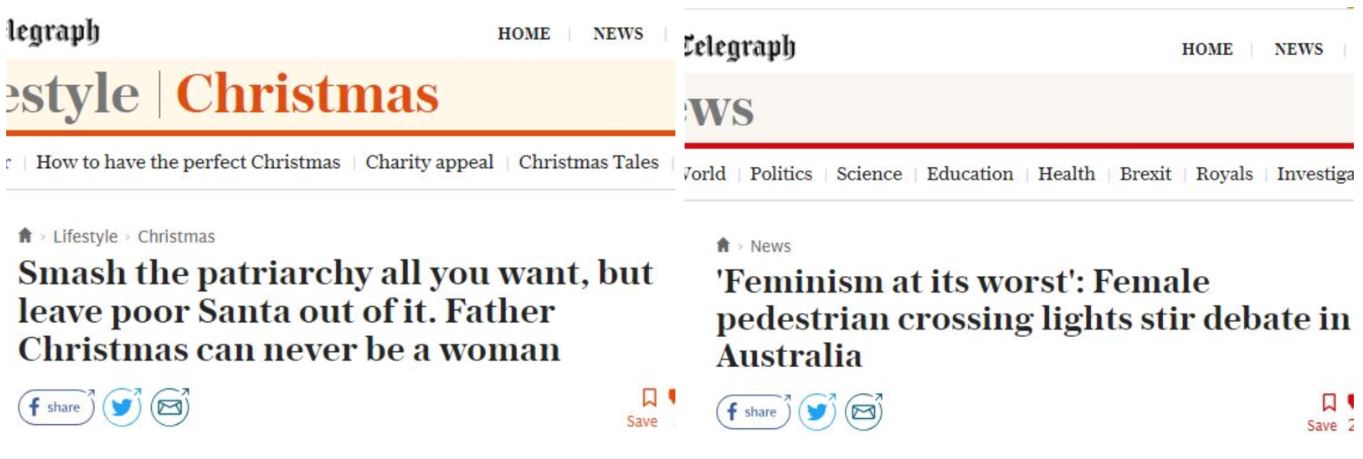I was 16 when I first began actively using feminism as a tool to navigate cultural systems, rather than it being just another ‘–ism’ to encounter and analyse swiftly before moving onto the next during my English literature classes. It wasn’t a smooth transition, seeing as my chosen place to test out the waters of gender equality, the internet, was teeming with mixed messages. From the bitterness of incels and meninism Reddit pages, to the wholesome solidarity of activist Instagram pages, contemporary feminism is dripping with various connotations, not all of them desirable, and most of them confusing.
In my English classes, any female character we’d identify as ’empowering’ or ‘strong’ would immediately earn herself an air of respect in essays and classroom conversation, but it looked like the outside world didn’t consider Portia from Merchant of Venice as bad-ass as I did. As online poet Sophie Priceman observes, “Like good poems, teenage girls for the first time are just learning how to be heard, not just read over.” Structural femininity depends on social and moral pre-requisites, and if we break away from this template and consequently recognise the worth in just being a woman (a.k.a feminism), we suddenly become less palatable.
Being a singular voice, demanding change means placing oneself under immense scrutiny – since feminists in the public eye are often taken out of context, willfully misinterpreted, or dehumanised, especially if they happen to be a woman. The image of females being delicate or inherent caregivers may be stale and antiquated in the 21st century, but it appears to have spawned another unfair stereotype in its dying breaths – the angry feminist.
We shouldn’t have to preface feminist arguments with an apologetic disclaimer in fear of criticism.
When a woman departs from the quiet submission of only speaking when spoken to in order to challenge bigotry, accusations of being ’emotional’ or ‘irrational’ are either roughly flung at her, or subtly creep into response – either way, we have to jump several abrupt hurdles of casual sexism before an argument is welcomed. I don’t have any qualms with the sentiment of female anger itself, in fact, I consider it cathartic and indispensable to social momentum.
Also read: Resting Bitch Face: Why Are Only Women Accused Of Having It?
Women, the transgender communities, the queer communities, and so many more, have to, including in the most raw and unvarnished sense of the word, survive the patriarchy every day of their lives. Any instance of systemic violence should be met with a naked and trembling rage, even though it definitely isn’t the first of its kind. If the feminist movement doesn’t lead with its heart, and meet every injustice with the same twinging hurt of a reopened wound, then it risks losing its hunger and honesty of intention.
Any instance of systemic violence should be met with a naked and trembling rage, even though it definitely isn’t the first of its kind.
The ‘angry feminist’ trope has had a frustrating way of making me feel like I’m walking on eggshells. More than once, I’ve worried that I may come on too strong or too passionate while discussing feminism in social spaces. It was almost amusing at first, that this stereotype and its childish and borderline desperate appearances in online “ANGRY FEMINIST CRINGE COMPILATIONS” or “Angry feminist gets owned!!” videos could wield so much power. The bored men behind these sloppy videos have managed to manufacture the illusion that advocating spiritedly for gender equality is somehow radical.
For example, I often hear the question, “Wait, so you’re like, a feminist?” from surprisingly more women than men. It’s almost a first instinct to respond to such a question with resentment, especially if it’s from a fellow female, but questions like this are nearly always coming from a place of internalised misogyny. In truth, most people’s beliefs do actually align with feminism, but I think the fear of being labelled as angry or illogical can shame an individual into silence.
It’s ridiculous enough that women have been conditioned into apologising for trivialities like our hair being out of place or not wearing makeup, but we shouldn’t have to preface feminist arguments with an apologetic disclaimer in fear of criticism – that’s self-defeating. This is all reminiscent of the ‘angry black girl’ stereotype, another mocking attempt to deflate the trauma and grievances of black women. These character clichés continue to emerge in popular media, so much so that the community in question internalises a compulsion to establish themselves as calm or approachable before publicly tackling injustice.
Anti-feminist obstacles can manifest themselves in other outlets: several conservative media agencies have tried convincing their viewers that feminists are infuriated by Santa Claus being a man, or cross-walk signs wearing pants, but the purpose of the feminist movement could not be more diametrically-opposed to these notions. The headlines are initially laughable, but the outrage they manufacture is disturbing. You’re more likely to witness men being unequivocally enraged by a fabricated Fox News article about feminists trying to ban Father’s Day, rather than tangible matters like structural violence against women.
Also read: This Angry Feminist Isn’t Going To “Calm Down”
It’s exhausting, navigating a digital world where media tactics have swayed the term ‘feminist’ into leaving a bad taste in one’s mouth, but I would rather jump a thousand hurdles of casual sexism and lazy stereotypes than be muffled into stillness.




